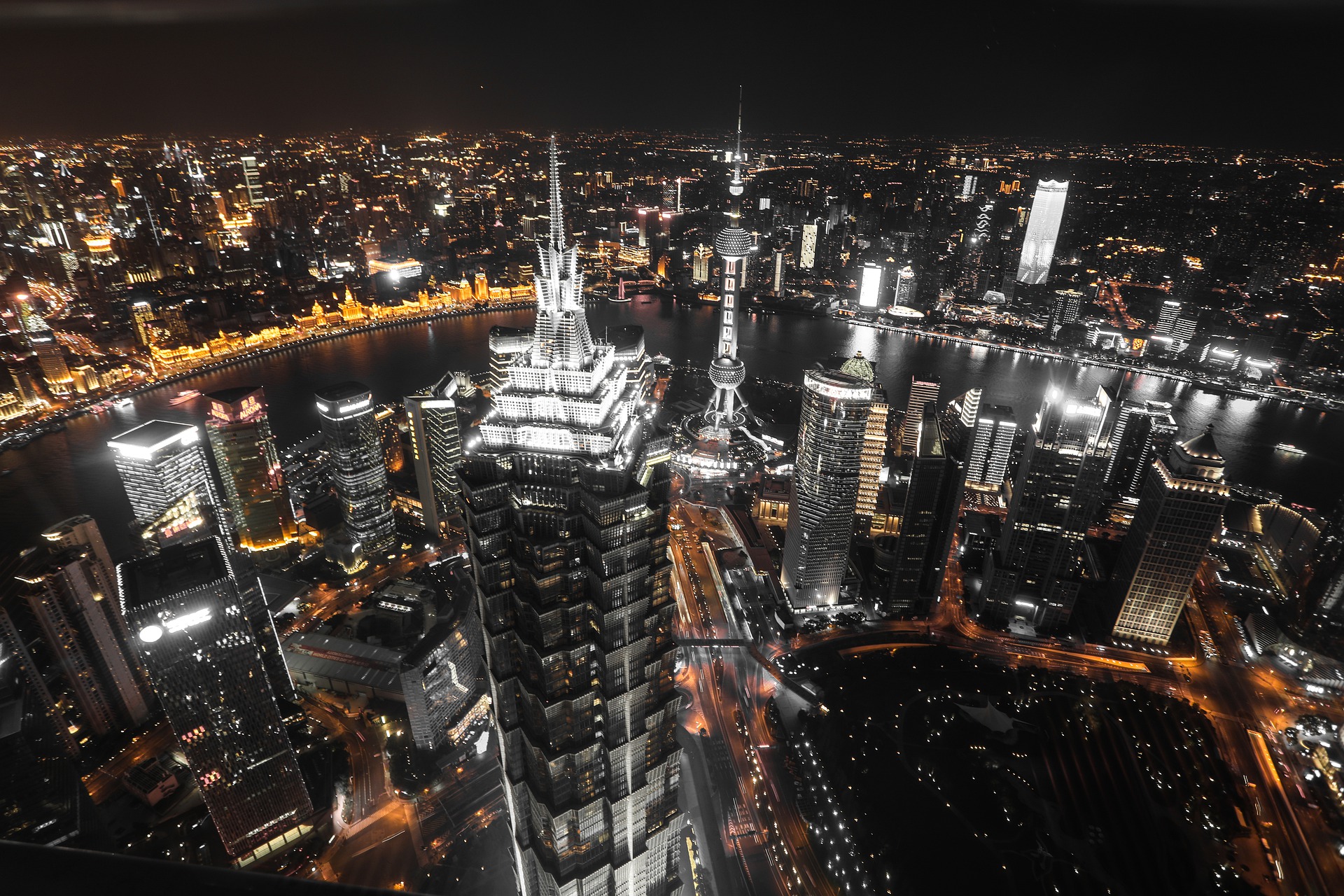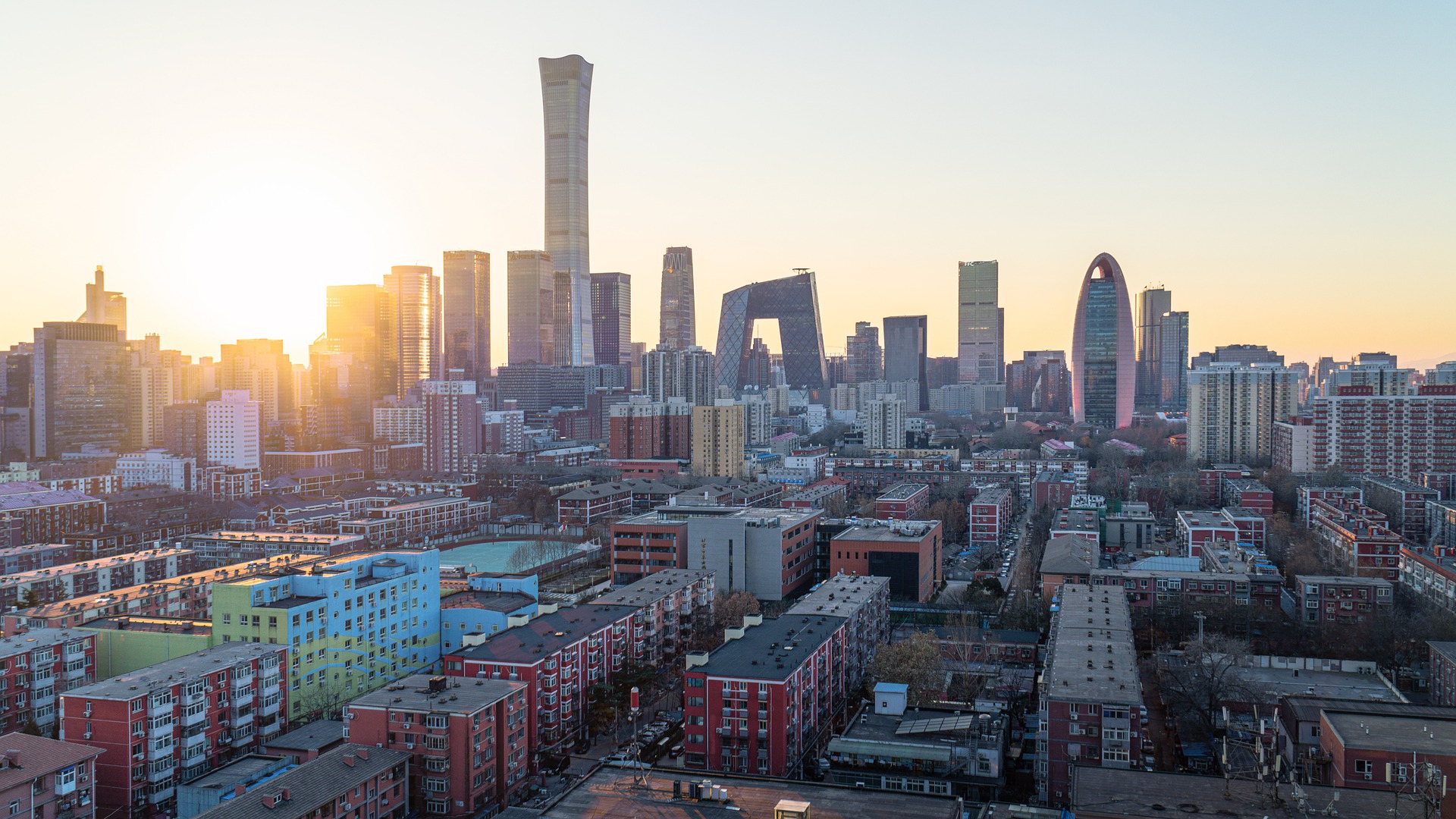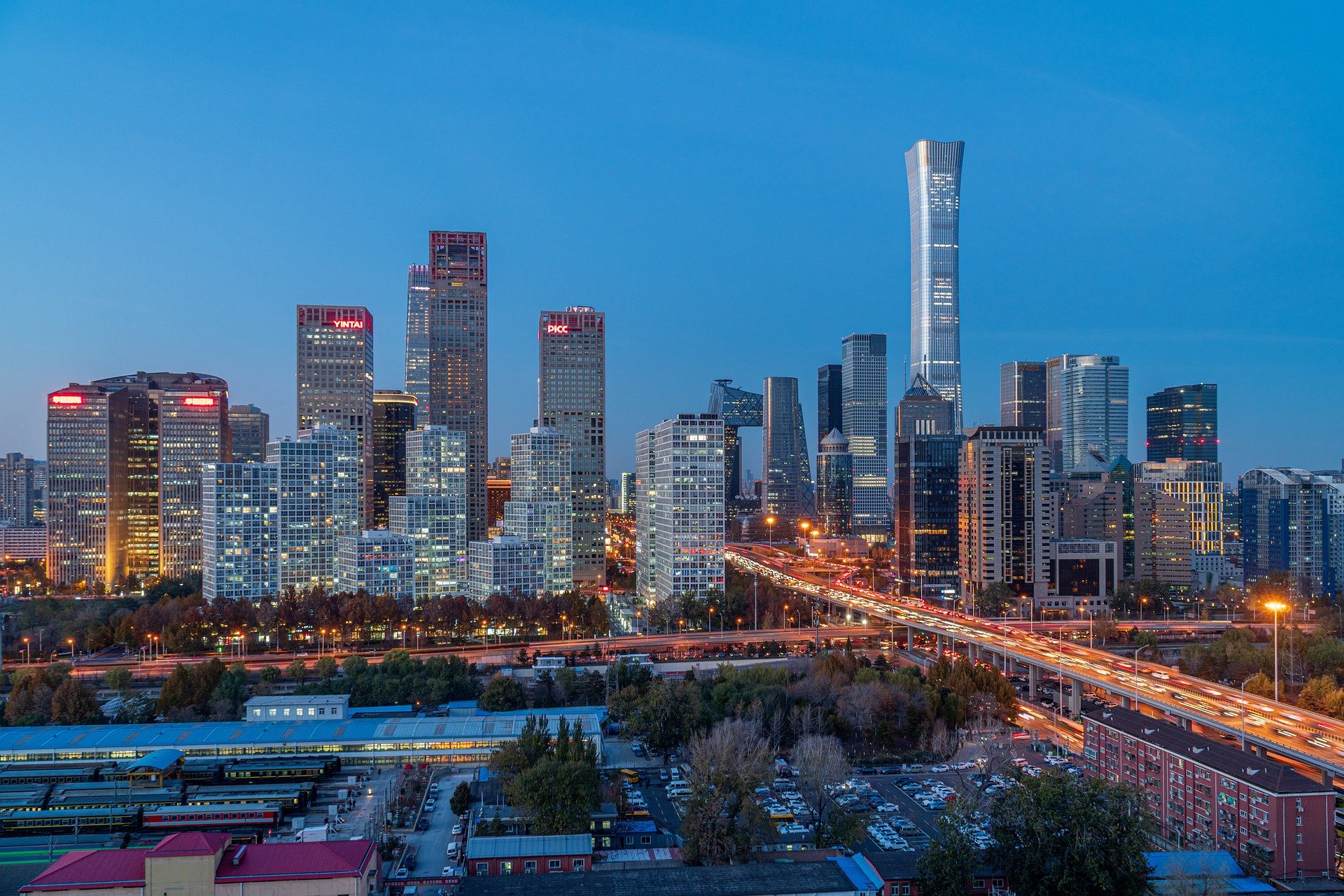Country's economy in 2nd half to post steady rebound
Official purchasing managers index for China's manufacturing sector came in at 49 in July from 50.2 in June
While renewed COVID-19 outbreaks may threaten the pace of the recovery, the country's supply chain will experience less disruption and policy stimulus will play a major role in boosting growth in the second half, they said.
Their comments came as factory activity in the manufacturing sector of China contracted unexpectedly in July due to softer demand after returning to expansion territory in the previous month.
The official purchasing managers index, or PMI, for China's manufacturing sector posted a reading of 49 in July from 50.2 in June, data from the National Bureau of Statistics said on Sunday. A reading of 50 or higher indicates economic expansion while a figure below 50 is a sign of contraction.
Zhao Qinghe, a senior statistician with the National Bureau of Statistics, said the reading came amid weakening market demand, calling for more efforts to consolidate the recovery momentum in the manufacturing sector.
Ye Qing, a professor at Zhongnan University of Economics and Law in Hubei province, attributed the unexpected contraction to commodity price fluctuations, as the PMI for sectors such as textile and the processing of oil and coal stood in contraction territory.
With the government's effective measures to control the pandemic and stronger policy support, Ye said China's economy will likely expand by around 6 percent to 7 percent in the third quarter and eventually post full-year gross domestic product growth of around 4 percent to 5 percent.
National Bureau of Statistics data showed that among 21 surveyed manufacturing sectors, 10 sectors were in expansion territory in July. Ye said those sectors have benefited from recent stimulus measures which stabilized their growth.
China's non-manufacturing PMI was at 53.8 in July, from 54.7 in June. The country's official composite PMI, which includes both manufacturing and services activity, came in at 52.5, compared with 54.1 in June, according to the National Bureau of Statistics.
Zheng Houcheng, director of the Yingda Securities Research Institute, said weakening demand and production weighed on the economy in July, but the expectation going forward is to see stronger macro policy support to boost demand, stabilize employment and bolster development of the real economy.
For the second half of 2022, a recent meeting of the Political Bureau of the CPC Central Committee urged efforts to consolidate the upward trend in economic recovery, keep employment and prices stable, allow the economy to run in an appropriate range and strive for the best possible outcome.
It stressed that macro policies should play an active role in expanding demand, and fiscal and monetary policies should effectively make up for any shortcomings.
Guo Shougang, deputy director-general of the equipment industry department at the Ministry of Industry and Information Technology, said government will seize the historic opportunity of a new round of scientific, technological and industrial transformation to prioritize the development of smart and internet-connected vehicles as an important strategic move.
China will speed up key technology innovations, give play to the role of major players and innovation centers to make breakthroughs on core technologies and organize joint research activities to promote the applications, such as basic computing platforms and automotive operating systems, he said at the Global Future Science and Technology Innovation Cooperation Conference 2022 held in Beijing last week.
"Focusing on the construction of testing demonstration areas and pilot projects for coordinated development between roads and vehicles, we will accelerate the deployment of internet-based infrastructure and promote the coordination of industrial standards," he said.





















































First, please LoginComment After ~